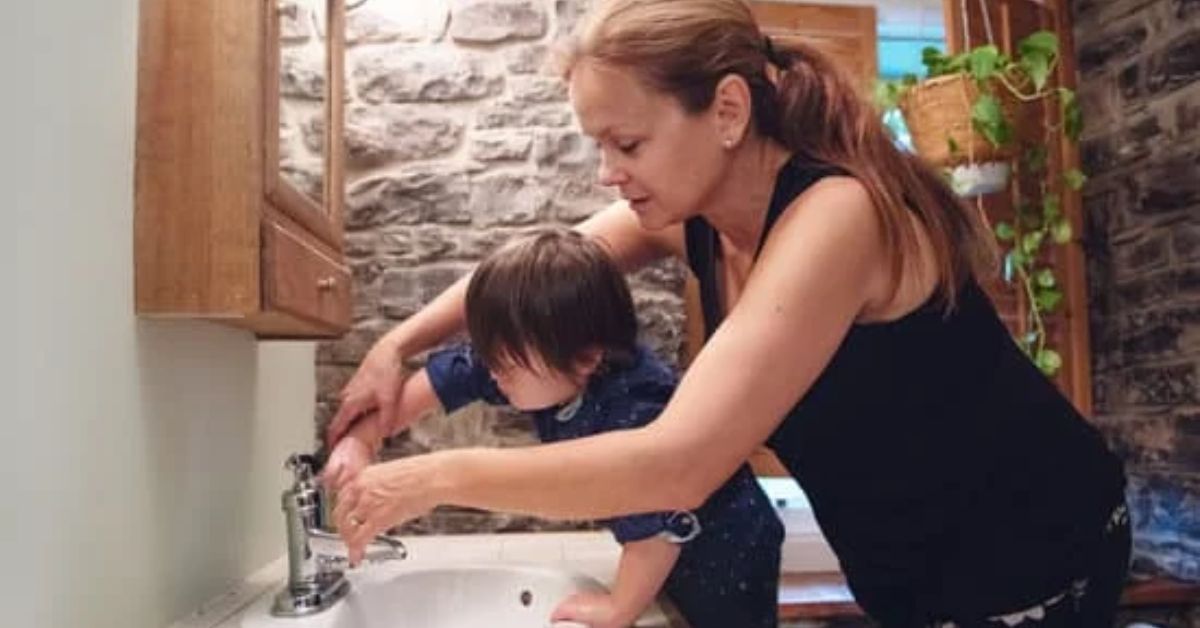A new report, launched today, shows the lives of children and young people with disability were thrown into turmoil throughout the last few months, reinforcing the inequalities they already face in accessing essential services, support and their education.
Children and Young People with Disability Australia (CYDA), the national representative organisation for children and young people with disability, identified that Australia lacked a coherent national response for children and young people with disability in the context of the COVID-19 pandemic. While swift responses were formulated in relation to some ‘vulnerable’ groups, for example aged care, there was a gap in relation to children and young people with disability and their families.
With nearly 700 survey respondents, the CYDA survey results show the COVID-19 pandemic has thrown the various daily inequities faced by children and young people with disability and their families into sharp relief.
Key findings from the new report, produced in partnership with the University of New South Wales, Canberra, are:
- Survey responses clearly demonstrated there was a lack of information about the coronavirus targeted to children and young people with disability and their families, with 82% stating they lacked information.
- This lack of information targeted to the particular needs of households exacerbated distress and uncertainty.
- Uncertainty about education was a prominent theme, including school closures and challenges with learning from home, and that progress gained by children and young people with disability would be lost during this period.
- Half of survey respondents experienced a decline in their mental health either for themselves or for the child or young person with disability. This increased over the period of the survey.
- The majority of respondents were unable to buy essential supplies, e.g. groceries, special dietary products, hygiene products, which peaked at the commencement of the pandemic period. Many of these essential goods were necessary for the children and young people with disability because of their conditions.
- One in three respondents experienced cancellation of support workers (either by self or service) and NDIS services.
- There was significant concern in survey responses that people might lose work or be required to give up work due to the COVID-19 pandemic to care for their children, and this would have an impact on household income.
- There were a range of health issues including inability to access COVID-19 testing, telehealth being inaccessible and fear of engaging with health services.
More than isolated has today been provided to the Australian Senate Select Committee on COVID-19, the Disability Royal Commission, and state and territory governments, and CYDA is calling for governments to take immediate action to address the barriers and inequities faced by children and young people with disability now and during the ‘road out.’ This includes centring the voices and lived experience of children and young people themselves during policy planning and implementation, and ensuring tailored and accessible information is available when and where needed as restrictions are lifted and regulations change.
Quotes attributable to Mary Sayers, CEO, Children and Young People with Disability Australia:
“Overall this report tells us information about COVID-19 was not appropriately targeted to the needs of children and young people with disability and their families.”
“The best way to reinforce the existing inequities faced by children and young people with disability is to throw in a global pandemic without adequate attention, care and planning for this group”.
“Families of children and young people with disability have been affected in ways very similar to the rest of the population (e.g. supermarket shortages, school closures and income loss). However these disruptions and difficulties which have been an inconvenience for many Australians, can have dire consequences for children and young people with disability and their families”
Quotes attributable to report author Professor Helen Dickinson, Director Public Service Research Group, University of New South Wales, Canberra
“Many of those who care for children and young people with disability are constantly beset by difficult decisions and precariously balancing work, play, care and education to provide the best possible lives for those under their care. Many people can only manage these things when the world is operating as it normally does – but this global pandemic (especially when immediately preceded by bushfires) has thrown these precariously balanced routines off to such a degree that families are struggling to cope”.
“Survey findings show that there are things that policy makers can do to better target information to children and young people with disability and to ensure that this is accessible. However, this will not solve all of the issues we picked up in the survey, which often relate to the significant inequities faced by people with disability and their families”.
“Urgent action is needed to attend to the many inequities that people with disability and their families and carers face on a daily basis. Without movement on these issues, any future widespread emergencies will again produce substantial destabilisation for children and young people with disability and with similarly detrimental impacts”
ENDS
Local case studies can be provided upon request.
For interviews, information and case studies, media contact:
Sue Tape, CYDA Communications Adviser
e. [email protected]
m. 0424 603892







